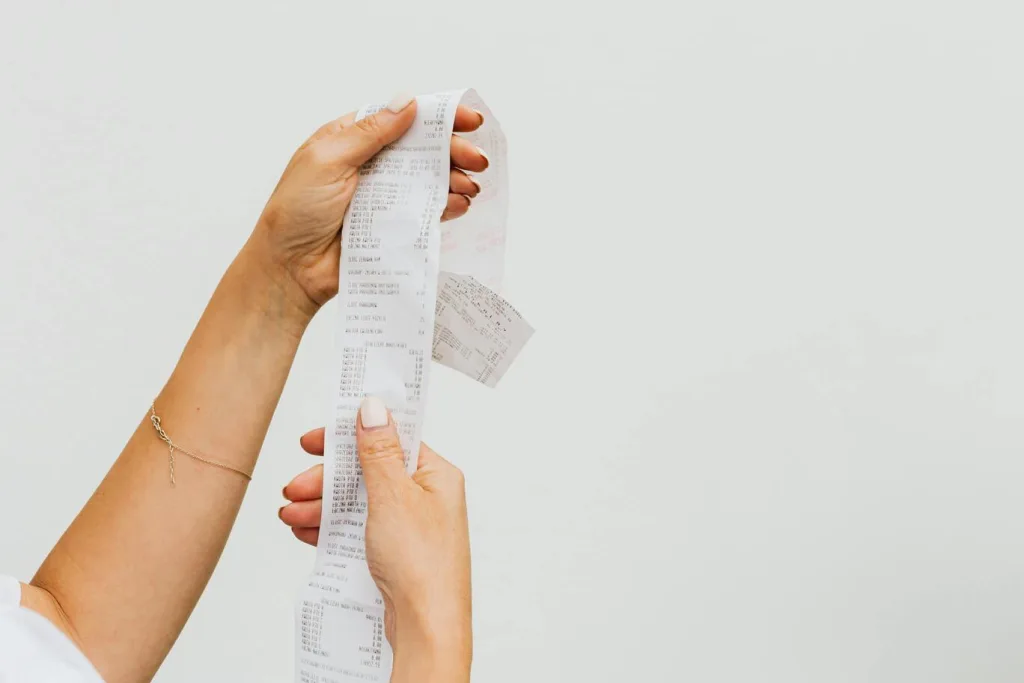Understanding Impulse Buying
Impulse buying is something we’ve all done. Maybe it’s grabbing that extra chocolate bar at the checkout or splurging on a new gadget during a sale. These unplanned purchases can give us a temporary high, but they often lead to regret. Understanding the psychology behind impulse buying can help you take control.
Why Do We Make Impulse Purchases?
There are a few psychological triggers at play:
- Emotional Triggers: Stress, boredom, or even happiness can drive us to make spontaneous purchases.
- Sales and Discounts: The fear of missing out (FOMO) is powerful. Seeing “limited time offer” often convinces us to buy something we don’t need.
- Convenience: Online shopping has made it easier than ever to make purchases with just a few clicks.
The Impact of Impulse Buying on Your Finances
Impulse purchases can quickly derail your budget. What seems like a small expense adds up over time, leading to significant financial strain. If you find yourself frequently dipping into your savings or struggling to pay off credit card debt, impulse buying could be to blame.
Strategies to Curb Impulse Spending
1. Identify Your Triggers
Understanding what prompts you to make impulse purchases is the first step. Are you more likely to shop when you’re bored? Or do sales emails push you to spend? Identifying these triggers helps you prepare and avoid them.
2. Use the 30-Day Rule
If you find something you want to buy, wait 30 days before purchasing. Often, the urge will pass, and you’ll realize you didn’t need it.
3. Create a Budget—and Stick to It
A budget helps you plan where your money goes. Allocate a portion for discretionary spending, but once it’s gone, resist the urge to dip into other categories. Learn more about budgeting in our Beginner’s Guide to Budgeting.
4. Limit Exposure to Advertising
Unsubscribe from marketing emails and avoid browsing online stores when you don’t need anything. Less exposure to sales and ads means less temptation.
Long-Term Benefits of Controlling Impulse Buying
Better Financial Health
Reducing impulse spending leaves more room for savings and essential expenses. It’s a key step toward improving your overall financial health. Learn how to build a solid financial foundation in our Guide to Building an Emergency Fund.
Achieving Financial Goals
Impulse spending can delay your financial goals. By reigning in unnecessary purchases, you’ll have more resources to allocate toward what truly matters, whether it’s saving for a house, a vacation, or retirement. Discover how to set achievable financial goals in our Financial Goal Setting Guide.
Final Thoughts
Impulse buying might seem harmless, but its impact on your finances can be significant. By understanding the psychology behind these purchases and adopting strategies to control them, you can make more mindful spending decisions. Start small, and over time, you’ll notice a big difference in your financial health.
